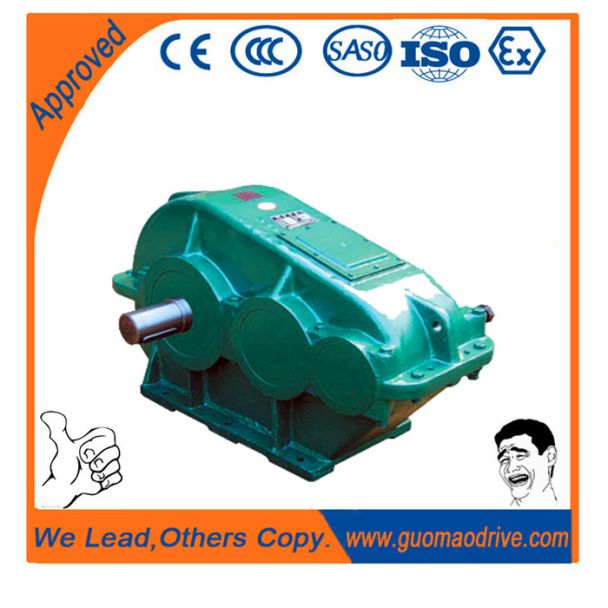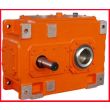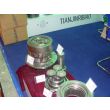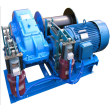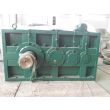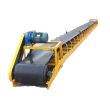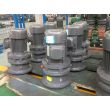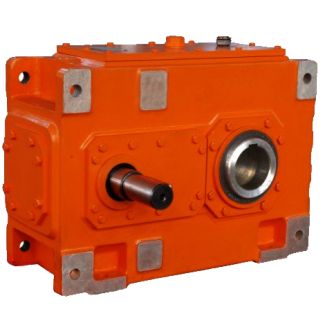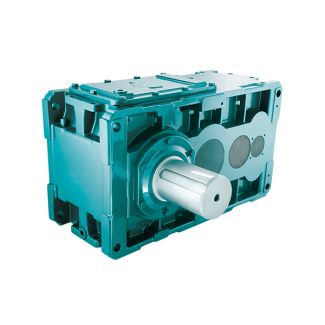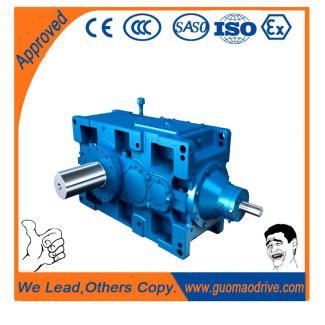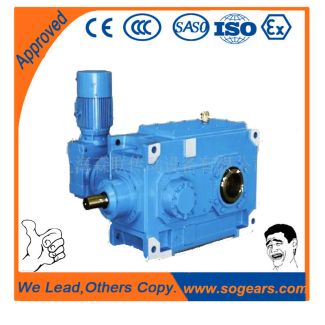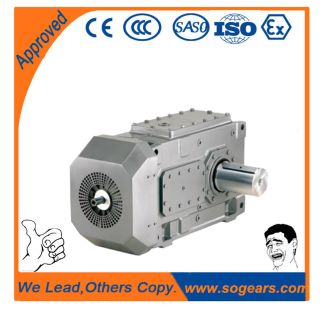Bevel-helical gearbox B2 er MD Helical gear units horizontal mounting po B2-FV-12B
In stock
SKU
B2-FV-12B
$13,392.86
Flender/Flender Gear Units/Bevel-helical gearbox B2
ntation) exceeds the CO 2production in ambient air (respiration). CO 2accumulation must often be avoided, or at least controlled, as elevated CO 2can cause detrimental effects on product quality. For thorough design of applications, such as CA rooms with dynamic
elevated CO 2can cause detrimental effects on product quality. For thorough design of applications, such as CA rooms with dynamic  control (see Sec.2.5. where extremely low 2concentrations may be used, or MA packages in nonopti- mal transport chain where increased
control (see Sec.2.5. where extremely low 2concentrations may be used, or MA packages in nonopti- mal transport chain where increased  temperatures can temporarily cause low 2concentra- tion in the package (see Sec. 2.5., good estimation of fermentative CO 2production is
temperatures can temporarily cause low 2concentra- tion in the package (see Sec. 2.5., good estimation of fermentative CO 2production is  necessary. An estimation of fermentative CO 2production can be made using gas exchange measurements. The measurement of CO 2production alone, however, is inadequate to esti- mate the increase in fermentation under low 2conditions. Instead, the measurements of both 2consumption and CO 2production under various combinations of xed 2and CO 2concentrations are necessary. Such data are known for apple (, tomato (, and 4 DeEll et al. Fig. 2 Gas exchange rates of Coxs orange pippin apples stored for 3 days at 1 in various O2concentrations. (Adapted from Ref. 2.) mushrooms (. Data are also known for tomato (, blueberry (, and raspberry ( by the use of MA packages to derive various gas conditions. 2.3 Modeling Gas Exchange Rates 2.3.1 2Uptake Respiration and fermentation both result in mass uxes of 2and CO 2. Several equations were developed to relate the uxes to gas concentrations (3,. The equations assuminga linear relation can cause serious prediction errors, especially at low 2concentrations at which they tend to overestimate 2uptake (. Another drawback of empirical relations is that variables are often introduced that cannot be related to specic physiologicalprocess, making it difcult to make extrapolations. Currently, the most widely used equa-tion to describe respiration of whole fruit is based on mathematical description of theenzyme kinetics based on the MichaelisMenten model. This approach has been used by
necessary. An estimation of fermentative CO 2production can be made using gas exchange measurements. The measurement of CO 2production alone, however, is inadequate to esti- mate the increase in fermentation under low 2conditions. Instead, the measurements of both 2consumption and CO 2production under various combinations of xed 2and CO 2concentrations are necessary. Such data are known for apple (, tomato (, and 4 DeEll et al. Fig. 2 Gas exchange rates of Coxs orange pippin apples stored for 3 days at 1 in various O2concentrations. (Adapted from Ref. 2.) mushrooms (. Data are also known for tomato (, blueberry (, and raspberry ( by the use of MA packages to derive various gas conditions. 2.3 Modeling Gas Exchange Rates 2.3.1 2Uptake Respiration and fermentation both result in mass uxes of 2and CO 2. Several equations were developed to relate the uxes to gas concentrations (3,. The equations assuminga linear relation can cause serious prediction errors, especially at low 2concentrations at which they tend to overestimate 2uptake (. Another drawback of empirical relations is that variables are often introduced that cannot be related to specic physiologicalprocess, making it difcult to make extrapolations. Currently, the most widely used equa-tion to describe respiration of whole fruit is based on mathematical description of theenzyme kinetics based on the MichaelisMenten model. This approach has been used by| Model Type | Bevel-helical gearbox B2 |
|---|---|
| Gear Type | Bevel Helical Gear |
| Weight (kg) | 625.000000 |
| Ratio Range | 1 : 6.3…22.4 |
| Low Speed Output | Flanged shaft |
| Nominal Torque | 66300 Nm |
| Mounting Arrangements | Vertical mounting position |
| Manufacturer | Flender France S.A.R.L. |
| Country of Manufacture | Iraq |
| Data Sheet & Drawings | Bevel-helical gearbox B2 er MD Helical gear units horizontal mounting po B2-FV-12B |
